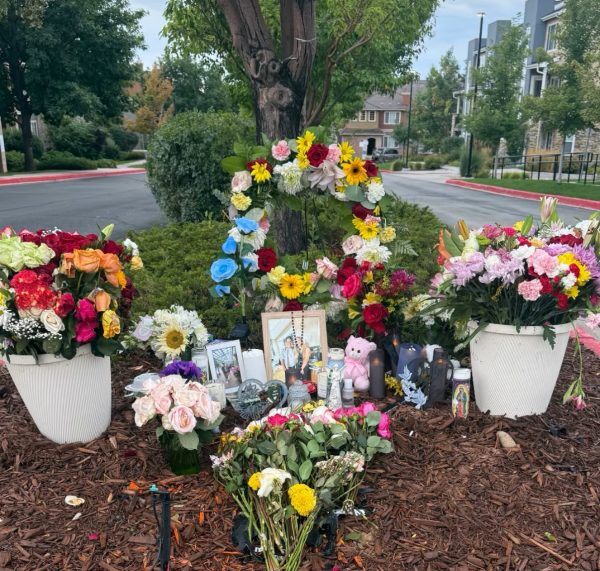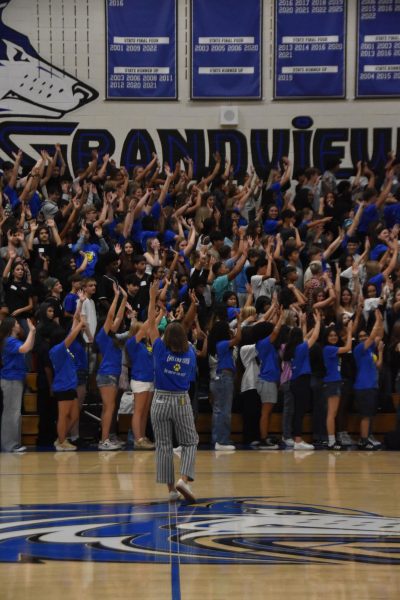Generate Me A Story: OpenAI’s ChatGPT Explodes in Popularity
On November 30th, Artificial Intelligence company OpenAI’s ChatGPT bot exploded in popularity online, much to the terror of Grandview’s English Department.
“Ironically, my wife sent me a TikTok about it, last week,” English teacher Ace Eggleston said. “My wife, who is not even in education, learned about it before us, and so I kind of have a blatant assumption that if she is able to find it, that students have already heard about it.”
From writing poems, rhetorical analysis, editorials, Q&A sessions, to discussions between a talking bear and a salmon, this software has the capability to generate writing on any topic a human can possibly think of, all with the prompt of a simple question.
It can also translate works into any language from Spanish to French. Even Klingon.
English isn’t the only subject the software is capable in either. Advanced math is also in its forte.
“I’ve had it explain Calculus 3 to me because it is still a concept that I struggled with in college,” Eggleston said. “So I had it explain triple derivatives and triple integrals and the purpose and how those work together, and how they are different.”
After learning about this new technology, the English department made rapid changes to prevent its usage on upcoming finals.
“As of right now, tenth grade has adjusted their performance task to being handwritten, eliminating (the) use of technology,” Eggleston said.
While software has been developed to detect GPT-generated content, teachers also emphasized the noticeable difference in quality between student-produced essays versus ones created by the website.
“The essays generated are not high quality,” English teacher Nikki Russo said.
The software is able to site quotes from books, but struggles with more obscure ones which online resources may not be easily found for.
“[I] also did run into the experience with Mexican White Boy where I had it write an analysis and it pulled fake quotes,” Eggleston said. “So sometimes it good, sometimes it’s bad, it’s hard to tell.”
While some might not believe plagiarizing an essay to be a big deal, it is more about the impact this technology has on learning as a whole, rather than the single task.
“I feel at this point education has gotten very personal, and teachers very much care for our students,” Eggleston said. “Through the use of these tools we loose that connection or trust of students, and thats not what we want to have happen.”
Russo shared similar viewpoints over the long-term impacts of normalization of software such as this one, and the negative effects it can have on society.
“We are living in a time where slowly more and more things are keeping us from having original thought, and that comes from our feed,” Russo said.
Yet, when someone is fed ideas from a AI program, their ideas are no longer their own, reducing creativity becomes normalized.
“We can look at what other people have said [online] about something before we’ve actually had time to formulate our own opinion,” Russo said. “I feel like even if kids don’t use the bot to actually write their essay, they can use it as a tool to inspire their thinking.”
By making this deliberate choice, students undermine both the value they can take out of their education but also the originally that comes soley from being human.
“I think education holistically is important,” Eggleston said. “I also just think it is valuable for us as humans to reach a greater potential, and if we are not doing the work ourselves, there is no really no change to reach that higher potentially that every person is capable of.”


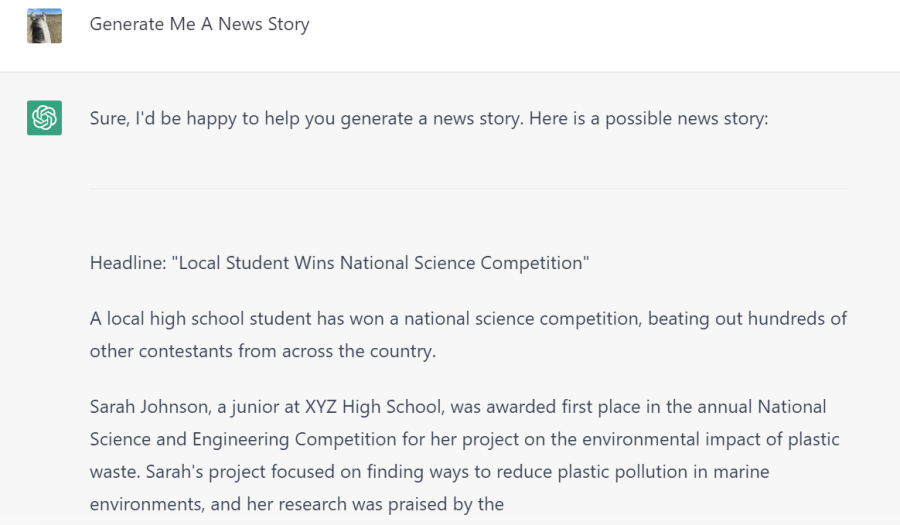
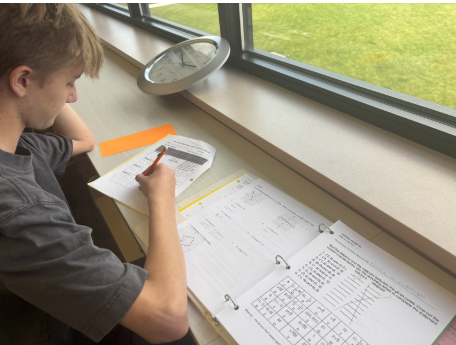
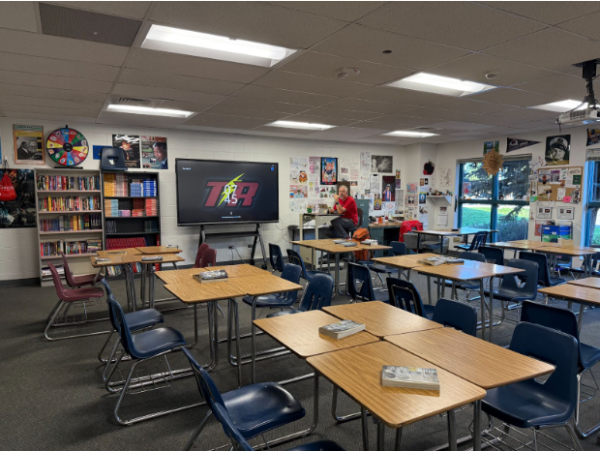
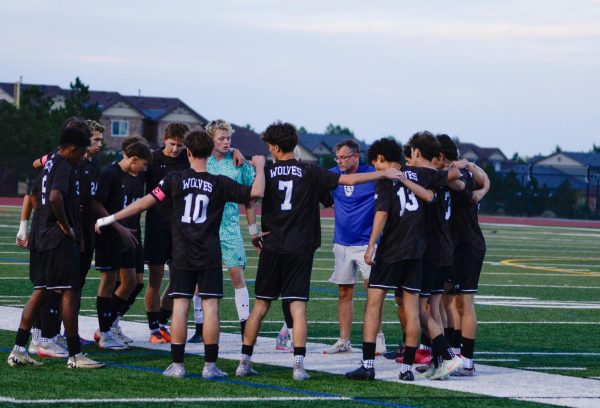
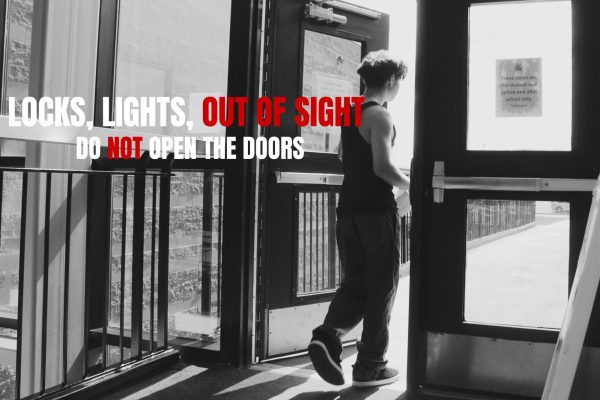
![A Vest Won’t Protect You [OPINION]](https://ghschronicle.com/wp-content/uploads/2025/09/KoltonZuckerVestPosterOffWhite-450x600.png)
